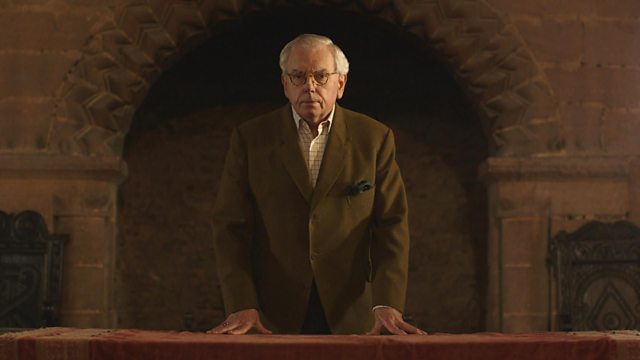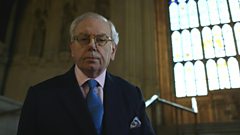
Magna Carta and the Stuart kings: England in a century of crisis
Clashes between King and Parliament had their origins in the battle for rights at Runnymede. By the late 1620s, the myth of Magna Carta gave strength to opponents of Charles I, who believed that the Stuart king had rode roughshod over the rights of his subjects. A believer in his own right to rule without Parliament, Charles found himself at odds with his subjects over issues as diverse as taxation and how religion should be practised in England. By 1642, the country was deadlocked as neither Charles nor his parliamentary critics could agree on how the country should be governed, and 7 years of Civil War followed. After Charles’ execution in 1649 was followed by 11 years of parliamentary rule, the monarchy was restored in 1660. However, fears that James II would restore Catholicism to England led his opponents to invite the Protestant William of Orange and his wife Mary to take the English throne. In return, they were forced to accept the notion of a limited monarchy.
Duration:
This clip is from
More clips from David Starkey's Magna Carta
-
![]()
Magna Carta: liberty and legacy
Duration: 06:31
-
![]()
Magna Carta: the charter’s first century
Duration: 07:01
-
![]()
The Birth of Magna Carta
Duration: 07:01




